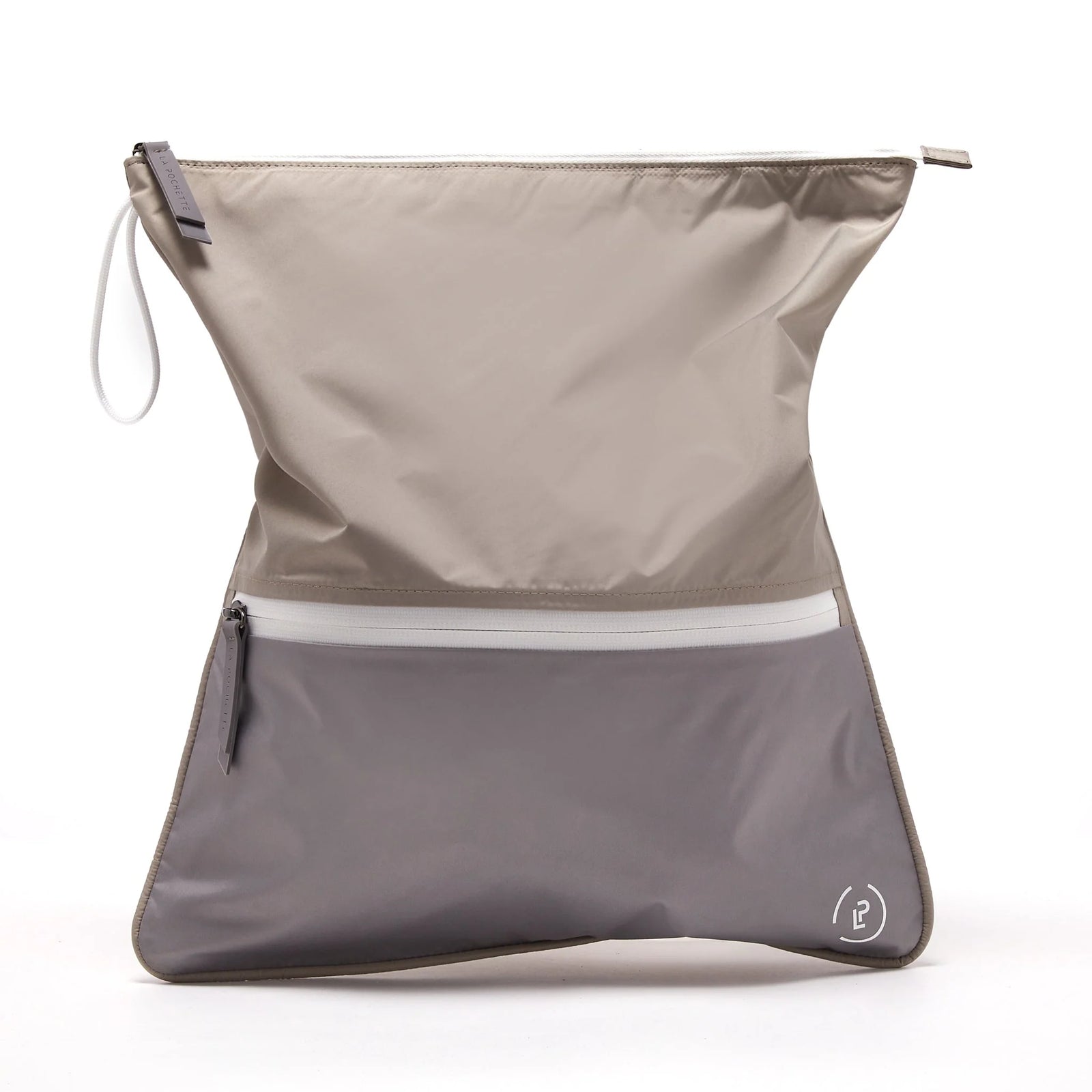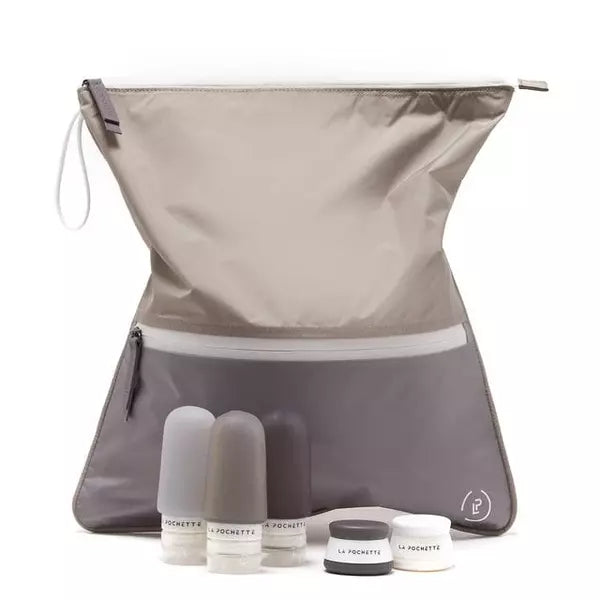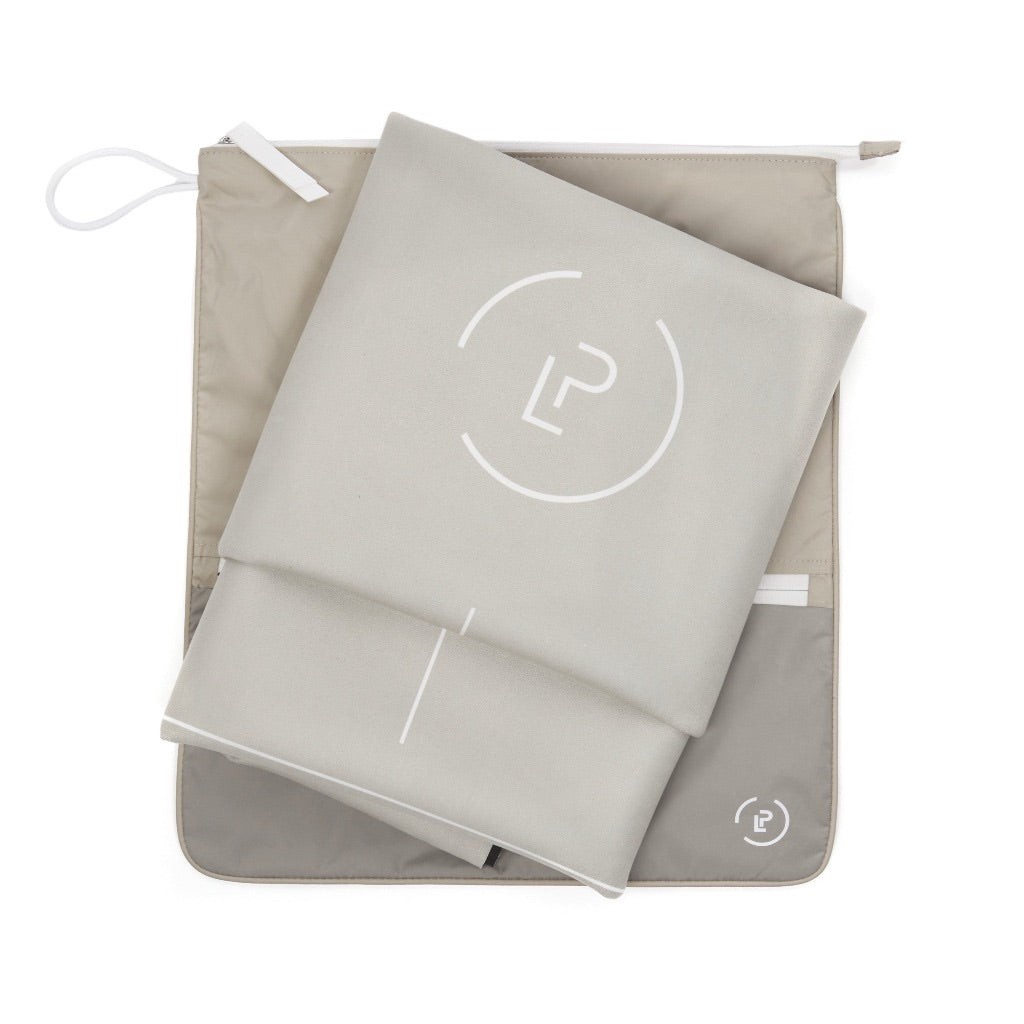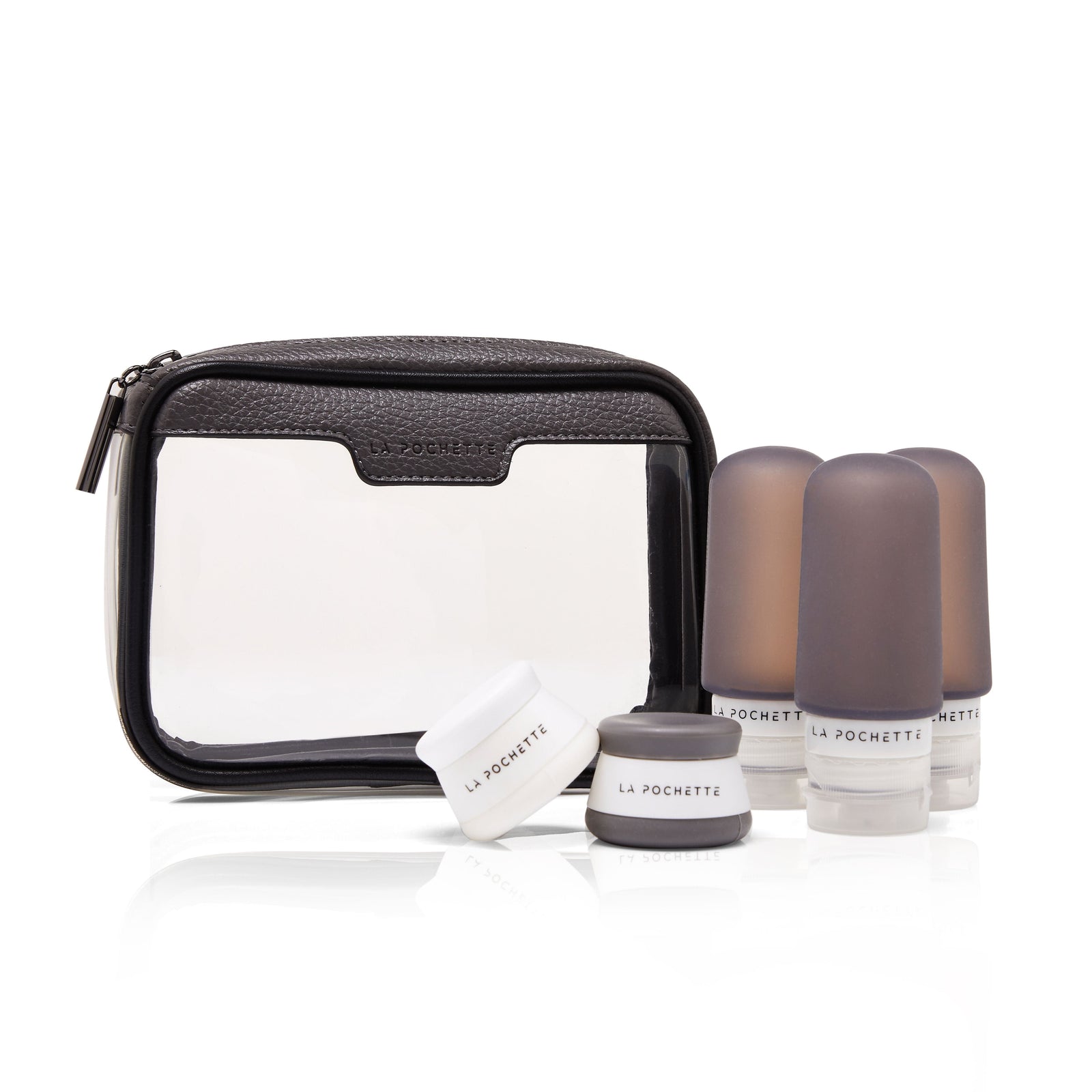Why rest is as important as exercise when it comes to your health and well-being
You’ve just finished your workout. Sweat is cascading down your face, dripping from your chin and nose; you’re literally vibrating with endorphins. Despite the physical demands you’ve endured, you’re buzzing with the knowledge that your workout is done, and it’s a feeling that just can’t be beaten. It’s no wonder some people get obsessed with fitness. The accomplishment that comes with it can certainly be addictive.
While it’s easy to want to chase that feeling and work out all the time, doing so without proper rest can actually be detrimental to your health in the long run. In recent years, research has shown that recovery is a crucial (albeit often overlooked) part of any successful fitness journey. What’s more, it’s not just a passive process. Recovery plays a pivotal role in achieving our fitness goals. But what are the best ways to recover and what benefits will it bring? Let’s find out how to optimise your rest periods so you can strike the perfect balance between exercise and recovery…
Why do we need recovery?
To truly appreciate the importance of recovery, it might help to first understand the science that underpins it.
Dr Karin VanBaak of the Cinncinati University Sports Medicine & Performance Center explains how, during exercise, our muscles undergo microscopic damage, which leads to inflammation and fatigue.
“Exercise – especially intense exercise – creates tiny tears in the muscles. Over time, as muscles heal, they eventually grow bigger and stronger. It’s important to remember that this process occurs during rest and recovery, not during the exercise session itself,” she says.
“In order to see gains in fitness, in order for the body to keep doing what you want it to do, you have to give it enough rest to repair itself,” VanBaak said. “If you’re an athlete, it means taking time out from your usual sport.”
Different ways you can recover
Recovering from exercise or sport isn’t as simple as just putting your feet up for a day or two. In fact, there are several different ways you can proactively recover from your last workout, depending on your goals and the results you’re looking for.
Passive recovery: Passive recovery focuses on complete rest. In doing so, it allows your body to heal naturally. It’s also crucial for preventing overtraining, reducing the risk of injury, and promoting mental well-being. It often includes activities such as sleep, napping, and very gentle stretching.
Active recovery: While it sounds a little like an oxymoron, active recovery is actually very useful, especially for those who are extremely active or need to train regularly as part of their jobs, such as sports professionals or athletes. It's a strategy employed to aid in the recovery process between intense training sessions and usually entails engaging in low-intensity exercises such as walking, yoga, or swimming. These activities stimulate blood flow, aiding in the removal of metabolic waste products while reducing muscle stiffness.
Nutritional recovery: Since proper nutrition is a fundamental aspect of recovery, this shouldn’t be done in place of passive or active recovery. Instead, it should be performed alongside them. Consuming protein-rich foods and staying hydrated supports muscle repair and replenishes glycogen stores, ensuring you're adequately prepared for your next workout.
The benefits of recovery
There’s heaps of research out there suggesting proper rest post-exercise can have a positive impact on your health. So what exactly are the top benefits associated with recovery?
Improved muscle repair and growth
As previously mentioned, proper recovery allows your muscles to repair and rebuild, leading to increased muscle mass and strength over time. This is because adequate rest and nutrition fuel the body's recovery mechanisms, enabling you to bounce back stronger and more resilient.
Enhanced performance
Those who prioritise recovery are more likely to experience improved performance in their workouts. Resting between intense sessions allows the body to recharge energy stores, improve focus, and enhance endurance. Well-rested muscles and a refreshed mind also contribute to better form and technique, leading to more efficient workouts and - ultimately - better results.
Injury prevention
One of the most significant benefits of recovery is its role in injury prevention. Overtraining or neglecting rest days can lead to injuries associated with overuse, such as strains, sprains, and stress fractures. By incorporating recovery days into your fitness routine, you’ll be giving your muscles, tendons, and ligaments time to heal and rebuild. This reduces the risk of chronic injuries.
Mental well-being
Regular exercise releases endorphins, our natural mood boosters. However, too much intensity without sufficient recovery can lead to burnout and mental fatigue. Proper recovery promotes mental well-being, reducing stress levels and promoting a better sense of balance.
Sleep quality
Sleep is a crucial component of recovery. During deep sleep, the body produces growth hormone, which aids in muscle repair and growth. If you prioritise recovery, you’re more likely to experience improved sleep quality - waking up more refreshed and ready to tackle new challenges.
Immune system support
Intense physical exercise temporarily suppresses the immune system, making you more susceptible to illness. Adequate recovery helps to do the opposite, reducing the risk of infections and illnesses that could otherwise hinder progress. Recovery frequency Now the benefits are clear, how often should you incorporate recovery into your fitness routine? The answer varies depending on factors like your workout intensity, fitness level, and individual recovery capacity. Generally, scheduling one or two days of active or passive recovery each week is recommended. Keep in mind that giving your body sufficient time to recover is crucial for avoiding burnout and achieving consistent progress.
How to rest: Ideal rest day activities
Rest days are a crucial part of any effective fitness regimen as they help provide your body with the care it needs to replenish its energy and improve performance long term. To make the most of your recovery during a rest day, there are a variety of activities you can try.
One option is to embark on a leisurely walk or a gentle hike. Such low-intensity activities enhance blood circulation, assist in flushing out toxins, and alleviate muscle stiffness without straining your body.
Dropping yourself in a warm bath enthused with magnesium-rich Epsom salts is also very effective for recovery, as it helps alleviate muscle soreness and tension, thanks to the magnesium's muscle-relaxing properties. For those looking for something a bit more intense, cryotherapy, which exposes your body to extremely cold temperatures for a brief period, could be a great shout. This has been proven to reduce inflammation, improve circulation, and enhance muscle recovery.
But even light activities such as swimming or relaxed cycling can provide an excellent middle ground between rest and active recovery, enhancing circulation and reducing muscle soreness without overexerting your body.
In addition to physical recovery, it's essential to consider mental well-being. Engaging in meditation or mindfulness exercises can help reduce stress levels and promote mental clarity. Napping, if needed, can also play a significant role in revitalising your energy levels and mood, even with just a short power nap.
Proper hydration and nutrition are just as important, too, as they provide your muscles with the necessary nutrients for repair and recovery.
Striking the right balance between exercise and recovery is essential for long-term progress. While overtraining can lead to increased injury risk, decreased performance, and burnout, inadequate activity can hinder your fitness goals. It all comes down to listening to your body. If you often experience persistent fatigue, mood changes, or reduced performance, it might be time to put recovery at the top of your to-do list.













